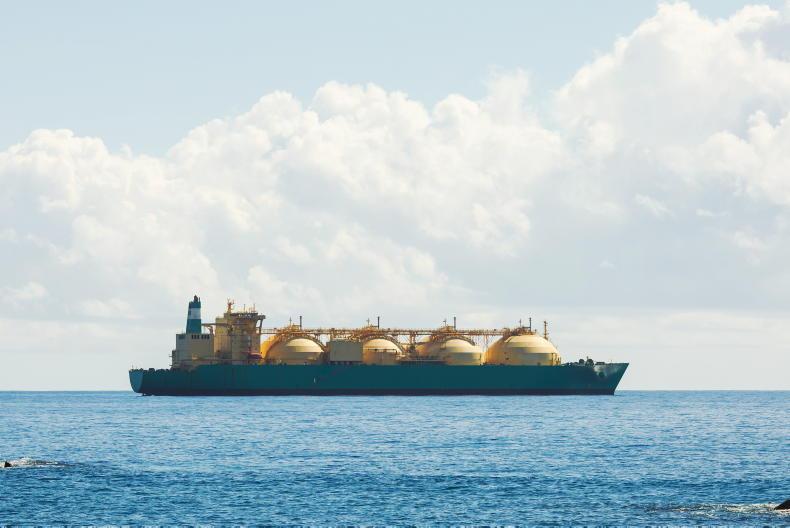Brent Crude jumped by $2 a barrel on Tuesday, trading closed to $92 (€86.93) in the wake of the bombing of a hospital in the Gaza strip, as the attack visibly increased tensions in the region.
Jordan cancelled a summit it was scheduled to host with US president Joe Biden and Egyptian and Palestinian leaders, reducing the chances of a diplomatic solution to the Israel-Hamas conflict.
Biden is visiting Israel with a clear message of support for the country, but also in an effort to ensure there is no widening of hostilities – a job that got a lot harder after the hospital bombing.
Saudi Arabia, one of the world’s biggest oil producers, had already paused normalisation talks with Israel following the country’s declaration of war against Hamas.
They went further on Wednesday, saying the hospital attack was a “heinous crime committed by the Israeli occupation forces”.
While there is no chance of a Saudi military intervention, the statement does increase fears that the country may further tighten the taps on oil output.
Iran, the biggest regional supporter of Hamas, continues to call for wider attacks on Israel. Natural gas prices have also rallied, climbing about €50/MW for the first time since August, amid fears that LNG supplies from the region could be disrupted.
Beyond the rising tensions in the Middle East, there are also global factors influencing the price of energy – US consumption is running at a higher level than forecast, as the country’s economy continues to report strong growth.
China’s refinery demand also rose in recent months, as growth there also outpaces forecasts.
This means that should the conflict between Israel and Hamas be contained, there are still other factors which will stop the price of oil falling significantly.
In order for that to happen, we will need Saudi Arabia and Russia to end the production cuts which the countries have already said they will keep in place until the end of the year.






 This is a subscriber-only article
This is a subscriber-only article











SHARING OPTIONS: